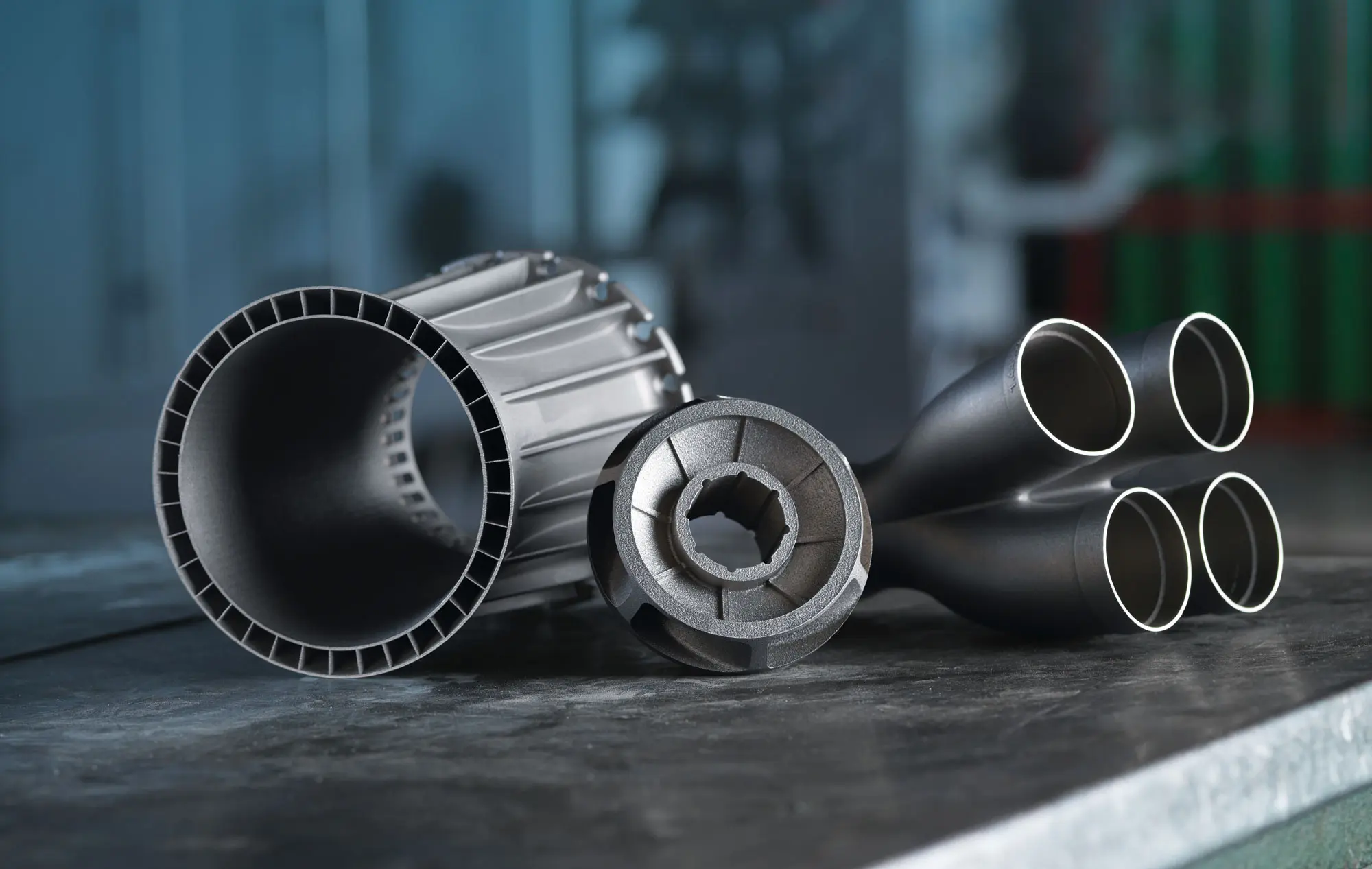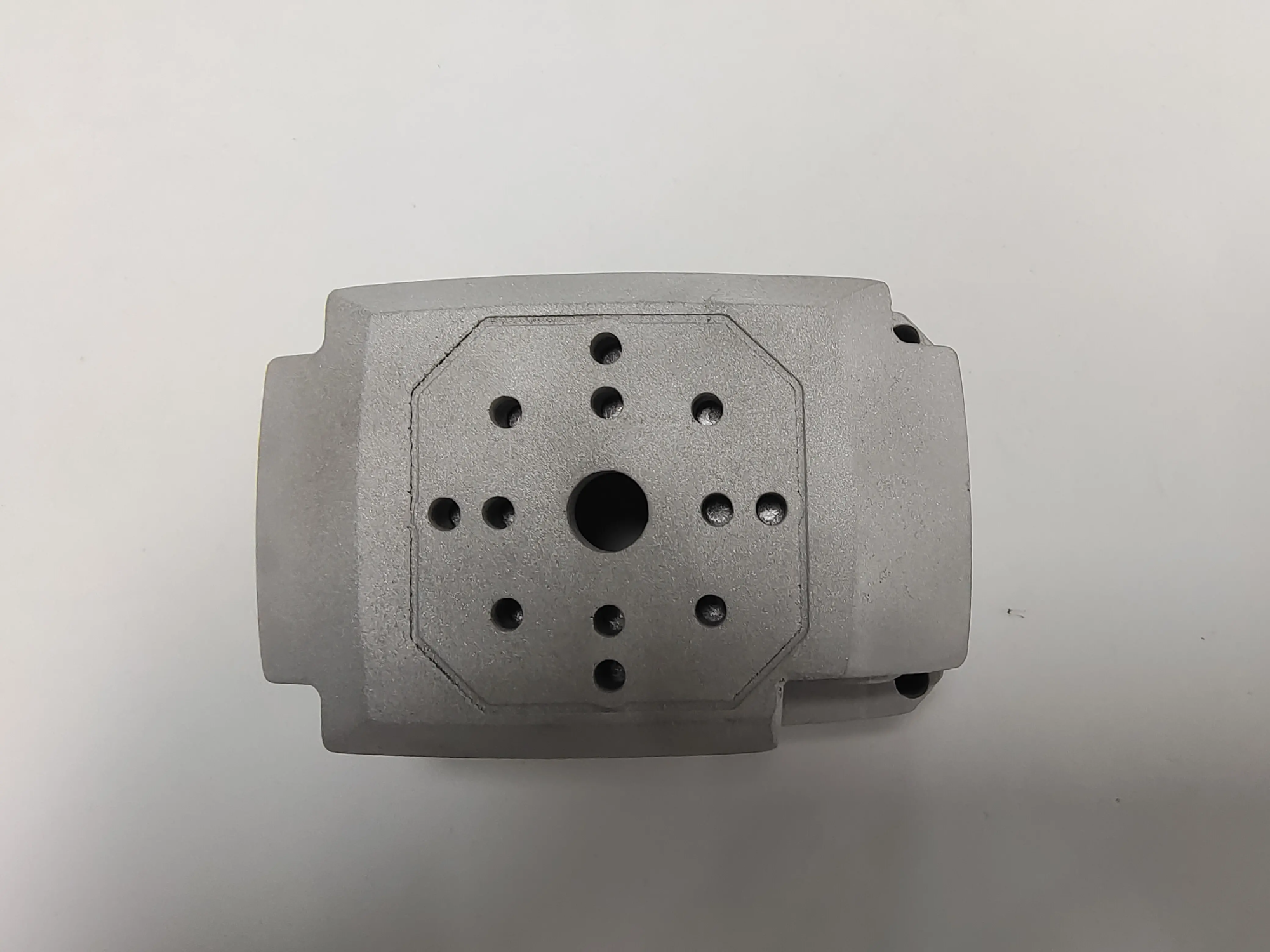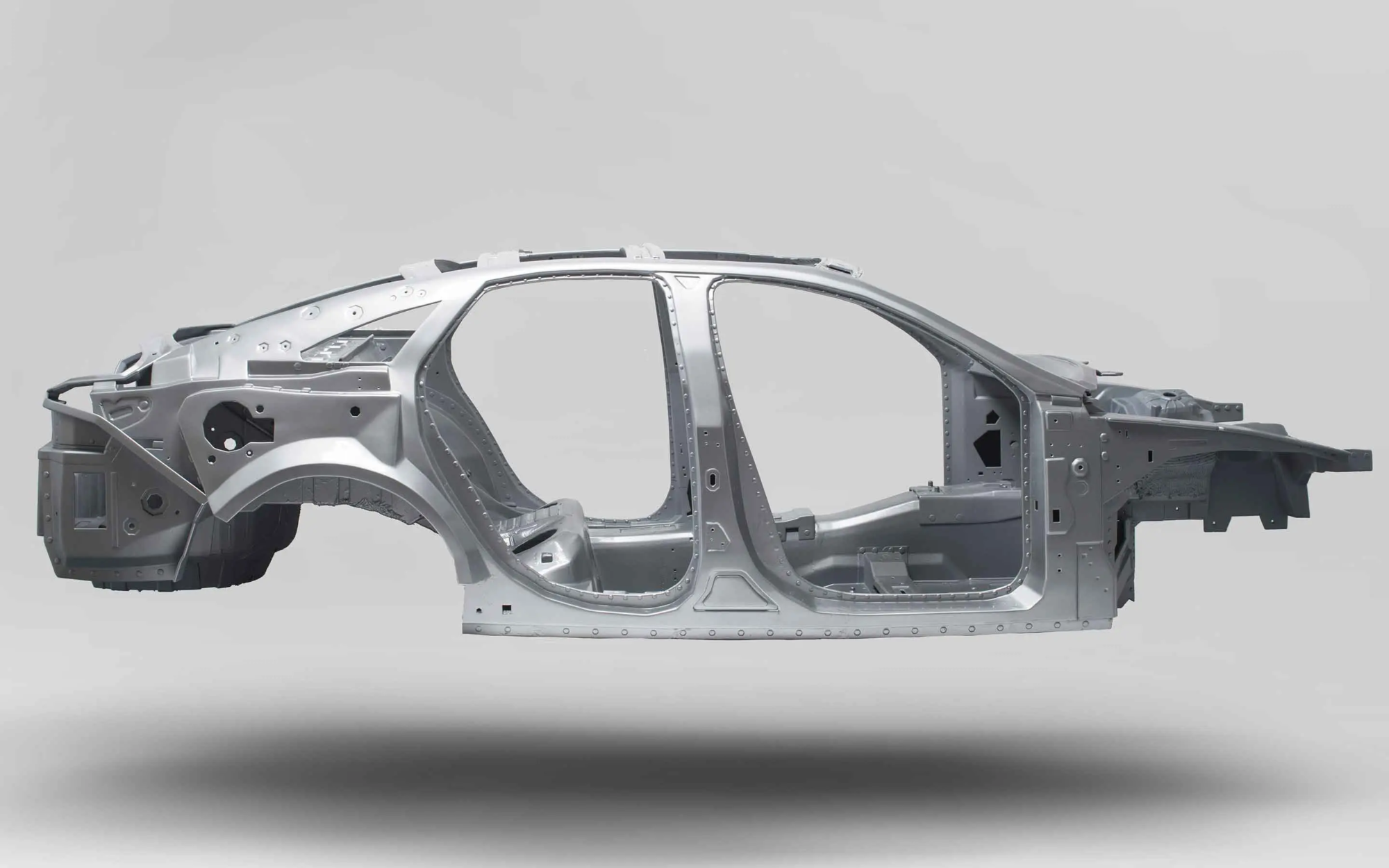The emergence of 3D printing technology has completely changed industries and changed the way products are designed, prototyped and manufactured. As the technology continues to move forward and becomes easier to use, the demand for professionals with expertise in 3D printing is rising. If you are considering a career in this innovation field, here is an overview of the opportunities and expectations available.
Career path in 3D printing
From design and engineering to manufacturing and research, the 3D printing industry offers a wide variety of career paths. Some of the most important professions in 3D printing include:
- 3D printing engineer: Responsible for designing, developing and testing 3D printing equipment and processes.
- Additive manufacturing expert: Supervise the 3D printing process to ensure that the product meets quality and safety standards.
- 3D Designer: Create digital models and designs for 3D printing using software such as CAD and 3D modeling tools.
- R&D scientist: Explore new materials, technologies and applications of 3D printing.
- Quality control expert: Check and test 3D printed products to ensure they comply with quality and safety standards.
Requires skills and education
To succeed in your 3D printing career, you need to combine technology, creativity and problem-solving skills. Some key skills and educational requirements include:
- Bachelor’s Degree in Related Fields: For example, engineering, computer science or materials science.
- Proficient in 3D modeling software: For example CAD, SOLIDWORKS or BLENDER.
- Understand 3D printing technology: Including FDM, SLA and SLM.
- Materials Science Knowledge: Understand the properties and applications of various materials used in 3D printing.
- Problem-solving and analytical skills: Ability to troubleshoot and optimize the 3D printing process.
Industry applications and future prospects
3D printing technology has a wide range of applications in various industries, including:
- Aerospace and defense: Produce lightweight, complex components of aircraft and spacecraft.
- Health care: Create custom implants, prosthetics and surgical models.
- car: Manufacture vehicles with lightweight, complex components.
- Consumer Products: Produce personalized products such as phone shells and jewelry.
The future of 3D printing looks promising, and the industry is expected to grow significantly in the coming years. As technology develops, we can expect increased adoption of 3D printing in a variety of industries, leading to new career opportunities and innovations.
in conclusion
The career of 3D printing provides a unique combination of creativity, innovation and technical challenges. As the industry continues to grow and develop, there has never been a better time to explore the available opportunities. Whether you are interested in design, engineering, or research, the career path of 3D printing can match your skills and interests. By understanding the skills and education required and the application and future prospects of the industry, you can take the first step towards a meaningful and innovative career in 3D printing.
Frequently Asked Questions
Q: What is the average salary for a 3D printing career?
A: Salary depends on a particular career path and industry, but the average salary ranges from $60,000 to over $100,000 per year.
Q: Do I need an engineering degree to work in 3D printing?
A: While an engineering degree may be beneficial, it is not always required. Many 3D printing careers require a combination of technology and creative skills that can be obtained through online courses, certifications and experience.
Q: What are the most important skills in 3D printing?
A: The most important skills include proficiency in 3D modeling software, understanding of 3D printing technology, and material science knowledge.
Q: Is 3D printing in an ever-evolving industry?
A: Yes, the 3D printing industry is expected to grow significantly in the coming years, with increased adoption in a variety of industries such as aerospace, healthcare and automotive.
Q: Can I learn 3D printing online?
A: Yes, there are many online courses, tutorials and certificates available to learn 3D printing skills, including design, engineering, and manufacturing.





